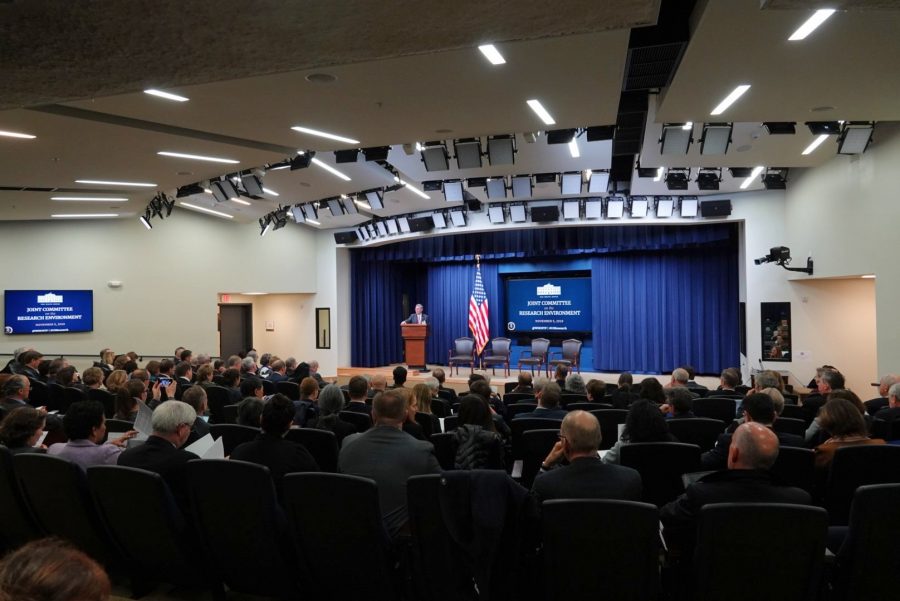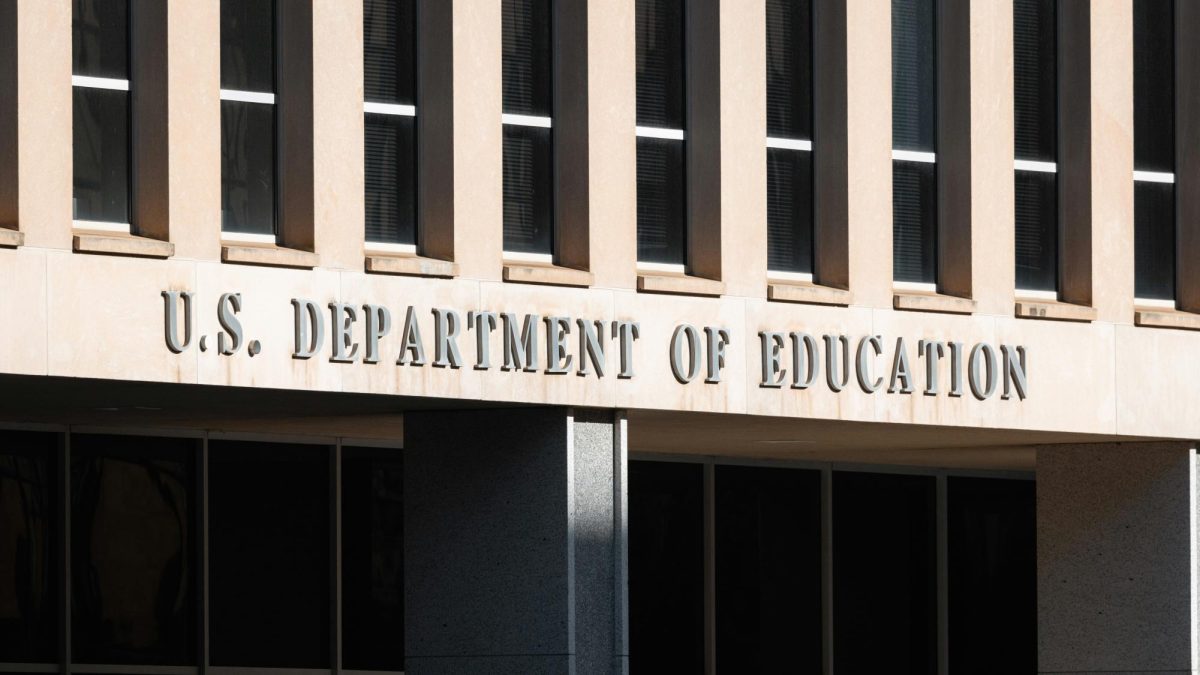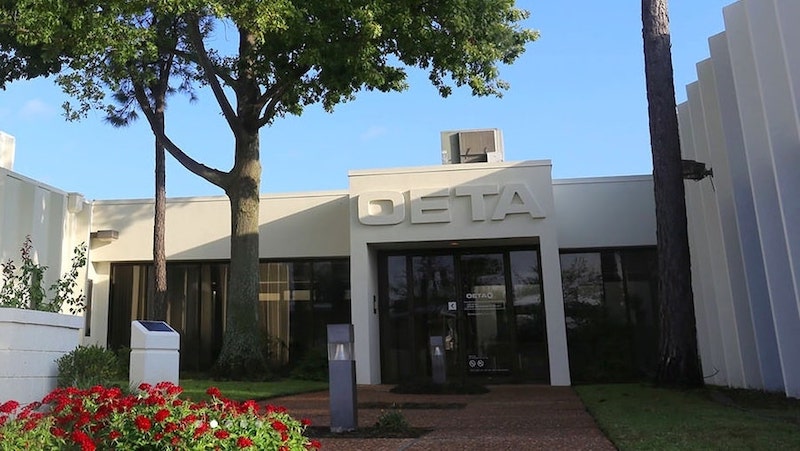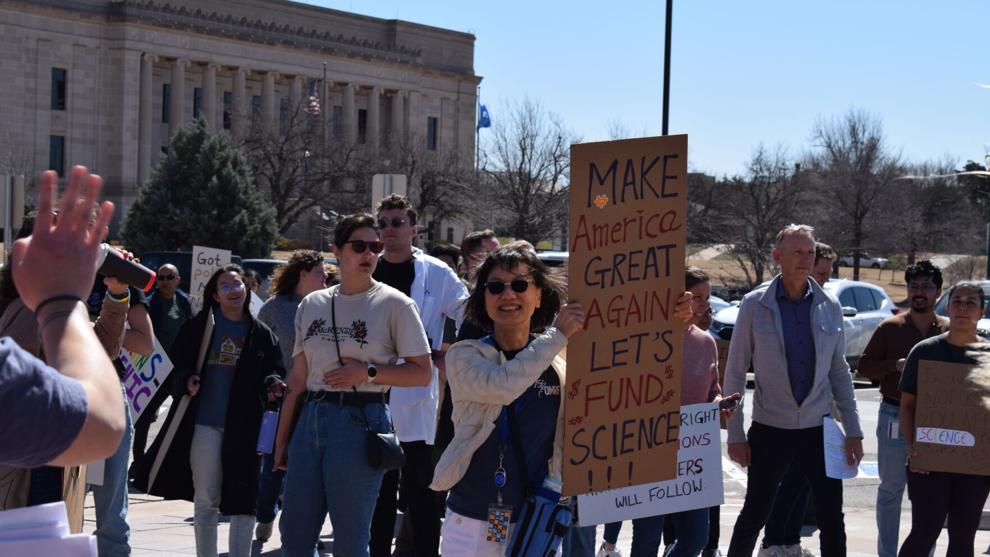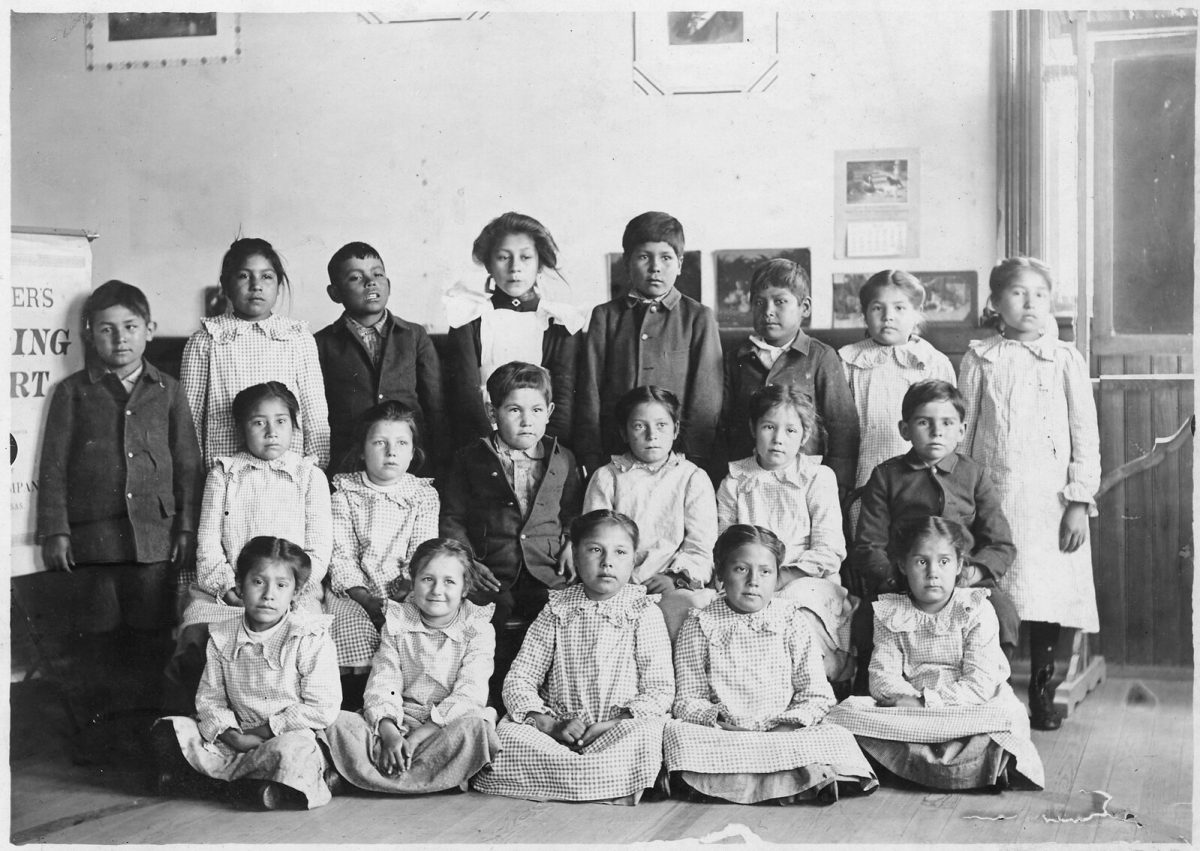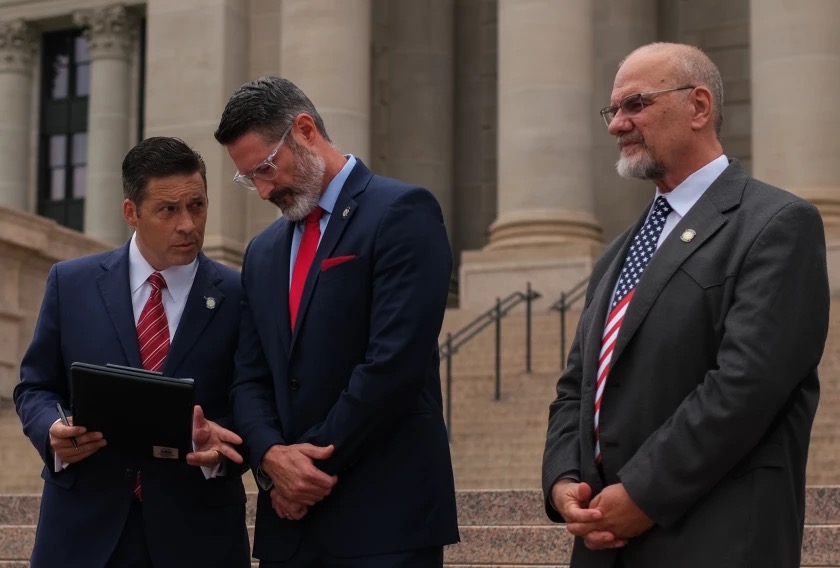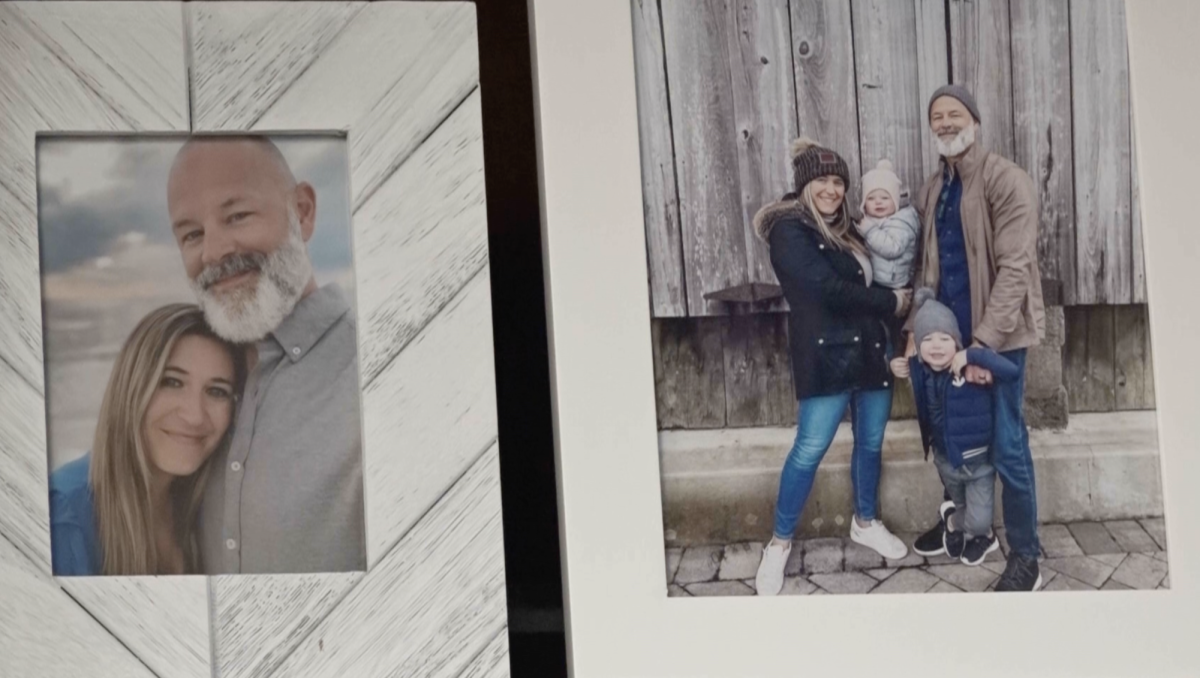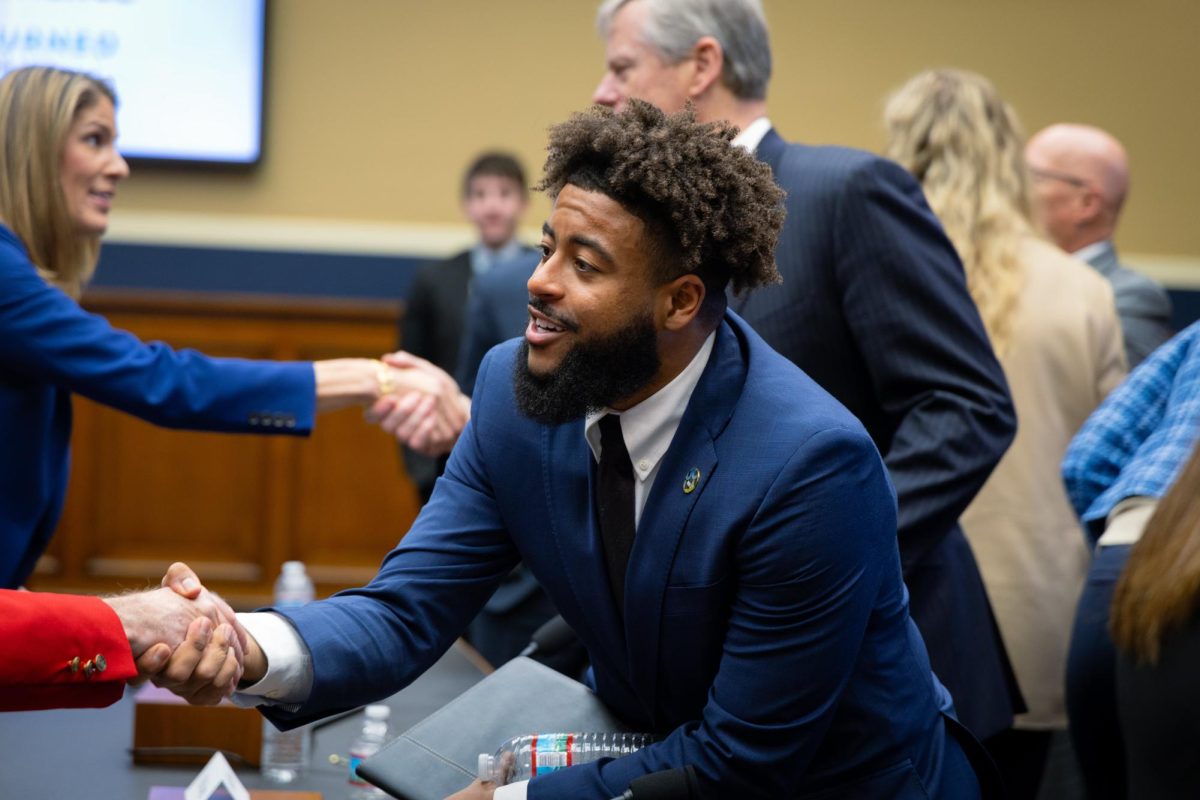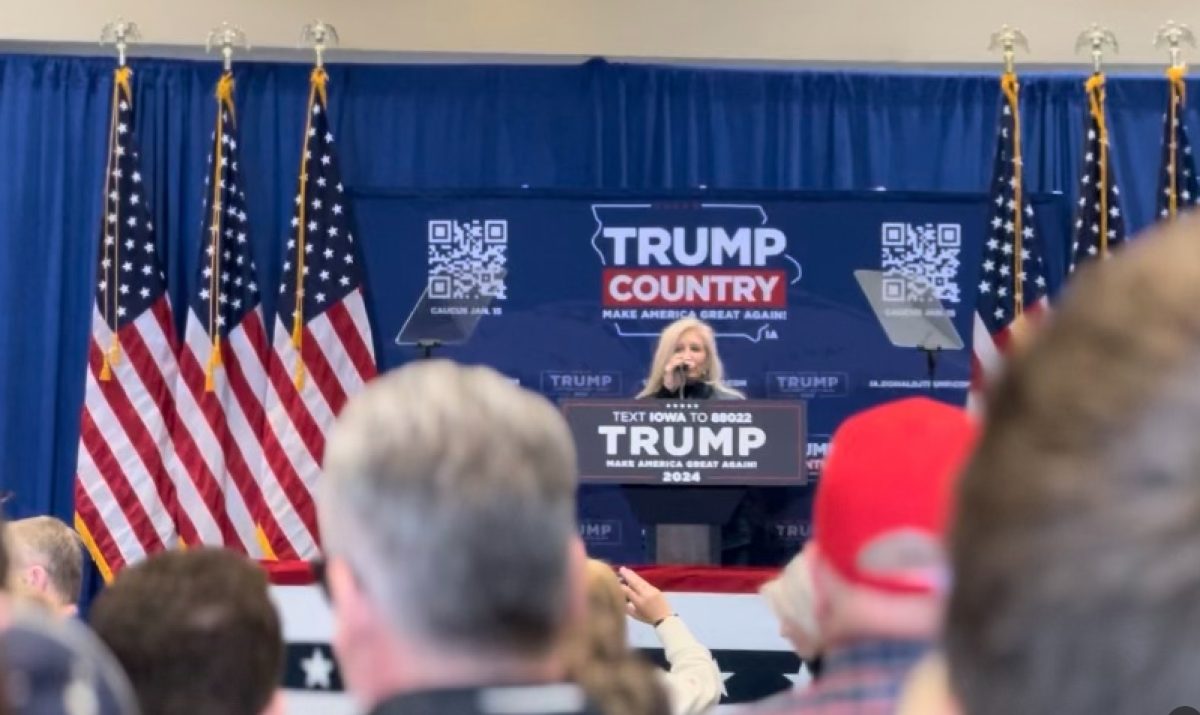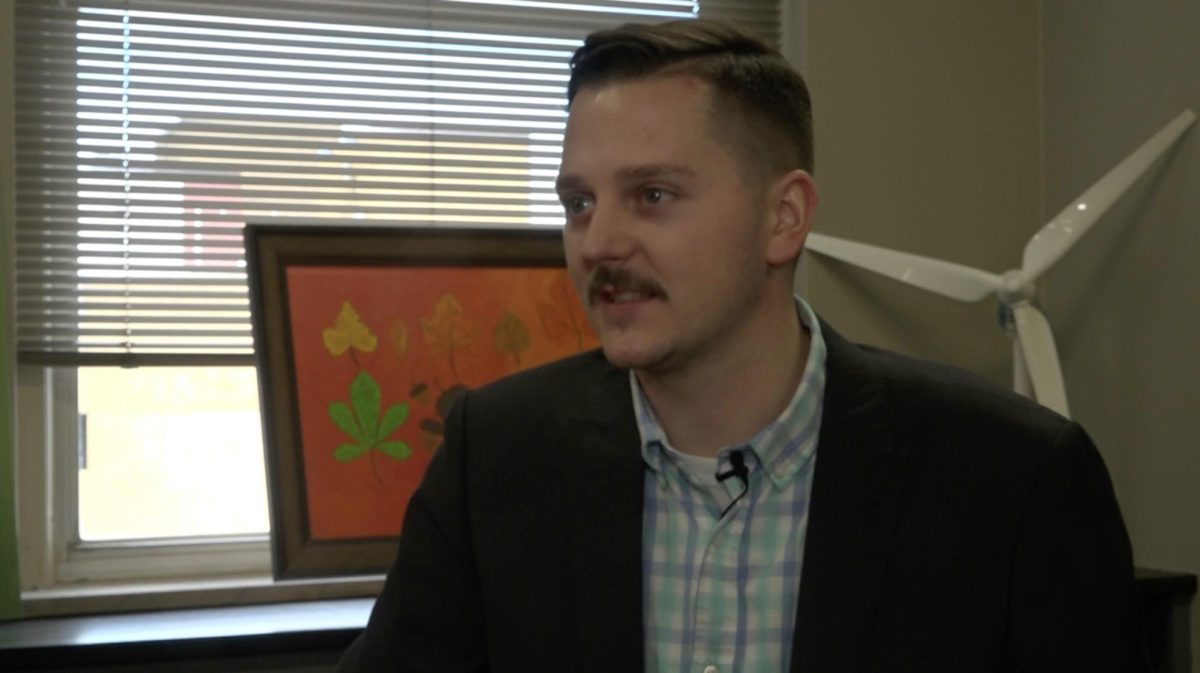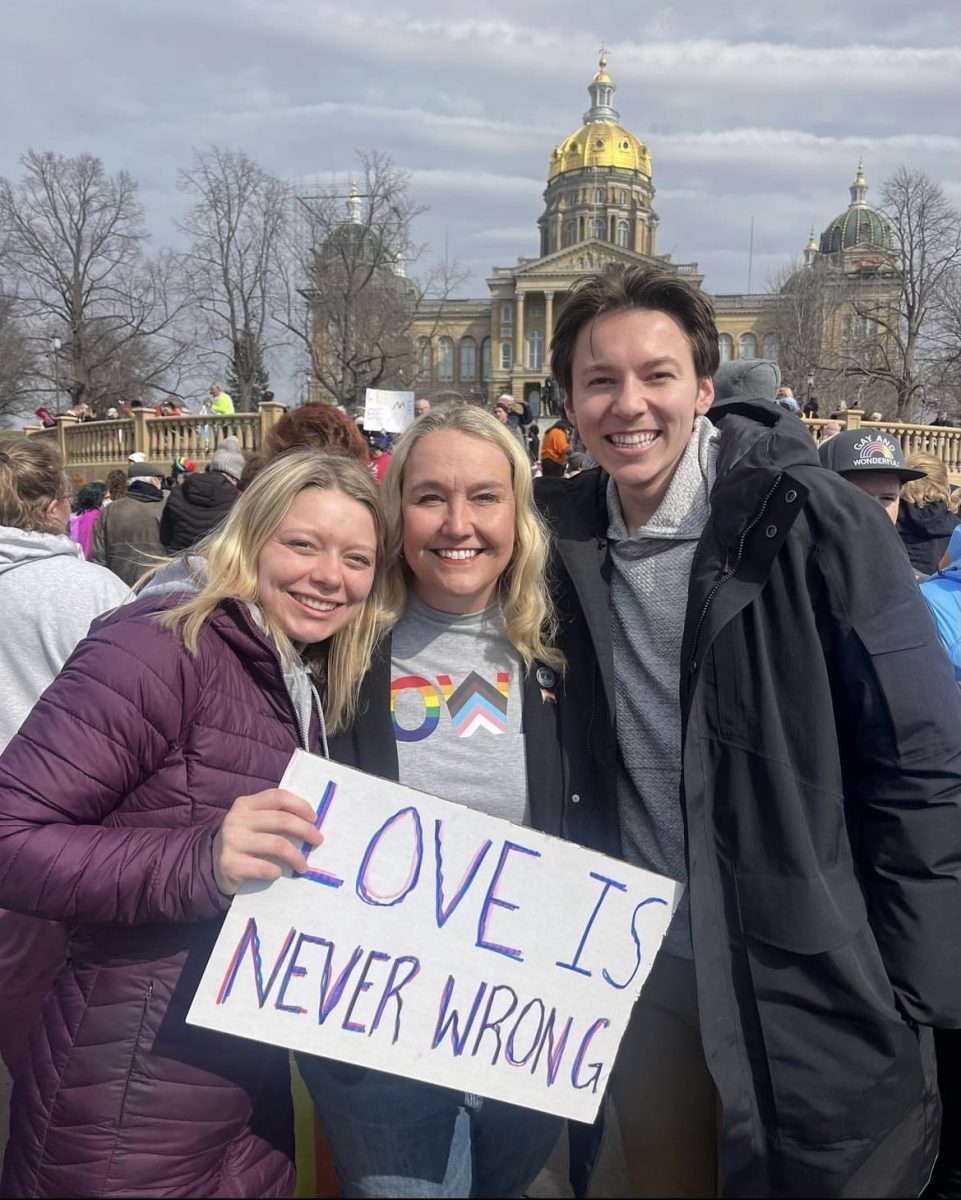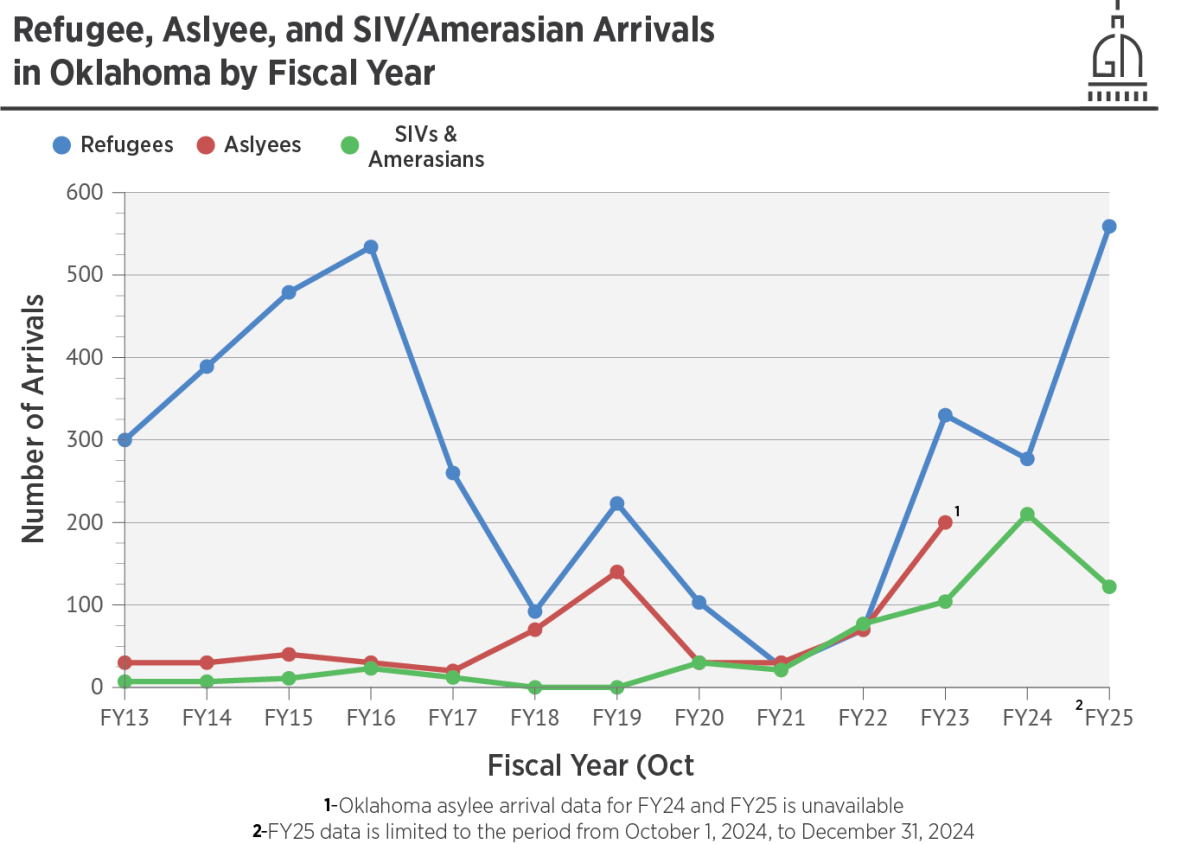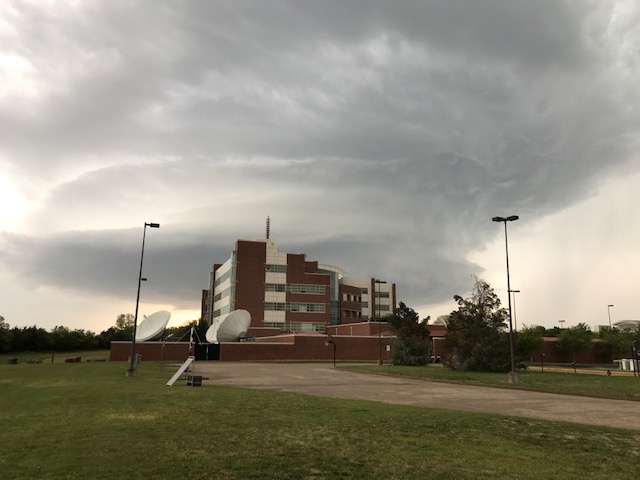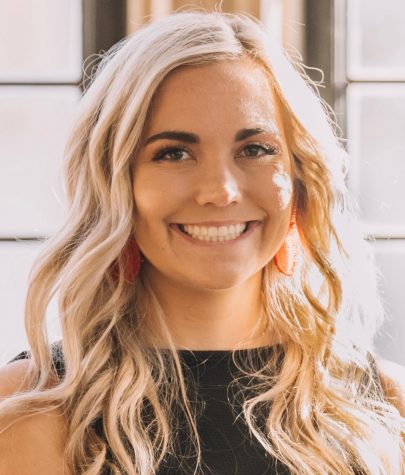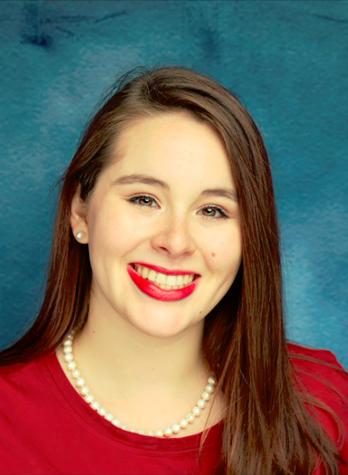WASHINGTON––Ten months after leaving the University of Oklahoma as a professor, President Donald Trump’s top science adviser hosted a research summit at the White House in collaboration with the nation’s top research scientists.
As the recently-appointed director of the White House Office of Science and Technology Policy, Kelvin Droegemeier on Tuesday joined members of the newly-established Joint Committee on the Research Environment, or JCORE, in welcoming nearly 200 academic and research professionals from across the country to Washington.
Droegemeier said he understands why an average Joe may not get excited over research security, but new research helps Oklahoma by stimulating innovation to new products and services for Oklahomans. Droegemeier said protecting research would benefit Tinker Air Force Base, Altus Air Force Base and other Oklahoma military bases and private businesses.
“Protecting our research assets means that our military is thriving. We’re protecting America, and it means jobs for Oklahomans, but it also means safety and security for America,” said Droegemeier.
Droegemeier also put special emphasis on protecting the bond between the U.S. government and higher education.
He said universities have already taken actions to protect research assets, but often those efforts remain enclosed within the individual university systems. In the future, Droegemeier said he wants to see universities collaborating to create stronger security measures.

“We compete on the football field and on the basketball court, but when it comes to research on this kind of issue, we collaborate to make sure that we’re all working together to ensure the security of research assets and also maximizing the output of our researchers,” Droegemeier said.
Speakers at the summit highlighted concerns about foreign collaboration in research, with Droegemeier saying it is foreign governments––not specifically individual foreign researchers––that are failing to uphold American values.
“We have to be clear about the difference between individual researchers and then nation-states who have policies that don’t comport with our values,” said Droegemeier. “We hear people say foreign influence, but it’s really foreign government influence.”
International science ministers have applauded the committee’s efforts to uphold ethical values and protect research from exploitation since Droegemeier led JCORE’s creation last May, he said.
“Now we’re looking at what other nations might we speak to about this, and they are really the ones that, again, fundamentally share our values,” said Droegemeier.
Another Oklahoman joined Droegemeier at Tuesday’s summit. The former OU professor and his colleagues listened to ethical and security policy concerns of the participants like Tim Hassen, president of the Association of Independent Research Institutes and chief financial officer of the Oklahoma Medical Research Foundation.
“Obviously, Oklahoma is not seen as a leader in research, but hopefully we will continue to expand and develop in the areas of research,” said Hassan. “The research enterprise in Oklahoma is important and it would be great for the diversity of our economy.”
During his 33 years at OU, Droegemeier worked as a meteorologist where he focused on extreme weather, numerical weather prediction and data assimilation.
“My role basically as the president’s science adviser is to make sure that the best science on any topic gets brought forward,” said Droegemeier about the issue of climate change. “So I just make sure the President has the best science in front of him at any time, whatever the policy issue is.”
In 2014, Trump tweeted that global warming was a “hoax,” and he has been a controversial figure surrounding climate change since the start of his administration.
On Monday, Trump officially began the process of pulling the U.S. out of the Paris climate accord, an agreement signed by countries across the world to strengthen the global response to climate change threats.
“I think President Trump has made it very clear from the time that he announced this back in Spring of 2017, that this was not a good deal for America. So he’s following through on that promise,” said Droegemeier.
Since being confirmed by the Senate in January, Droegemeier said his time as Trump’s science adviser has been “fantastic.”
“I love it. There is nothing that is not wonderful,” said Droegemeier. “It sounds silly, but it’s true. I’m just having the time of my life.”
Gaylord News is a reporting project of the Gaylord College of Journalism and Mass Communication at the University of Oklahoma.

